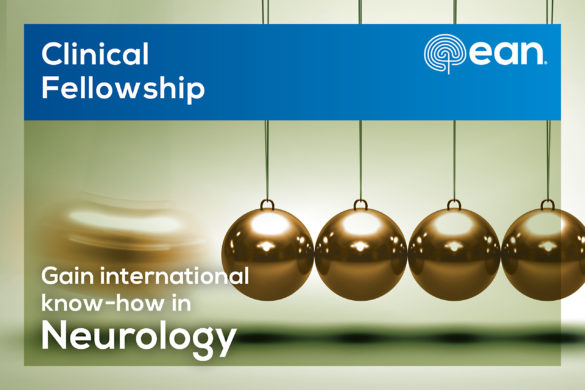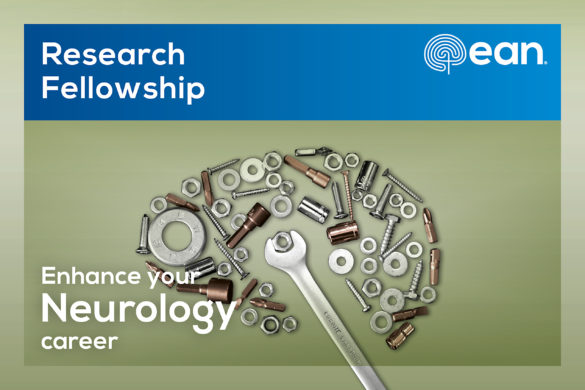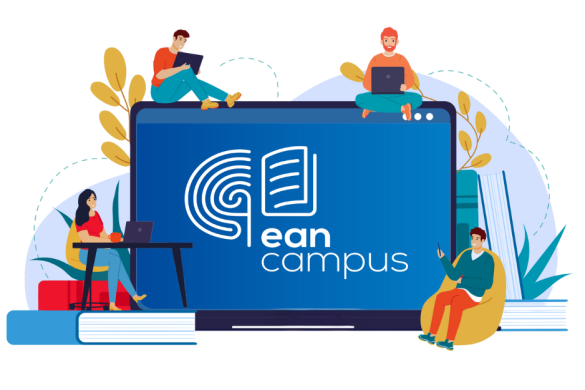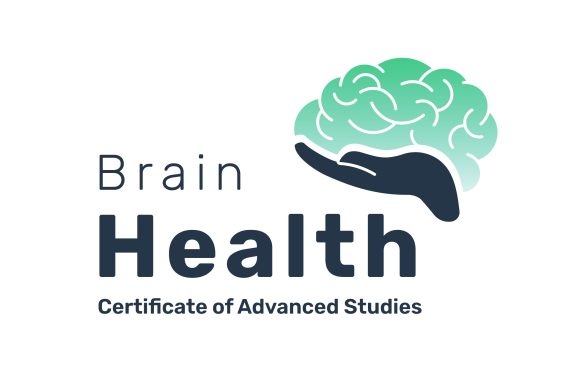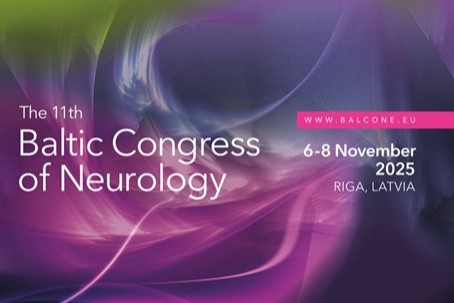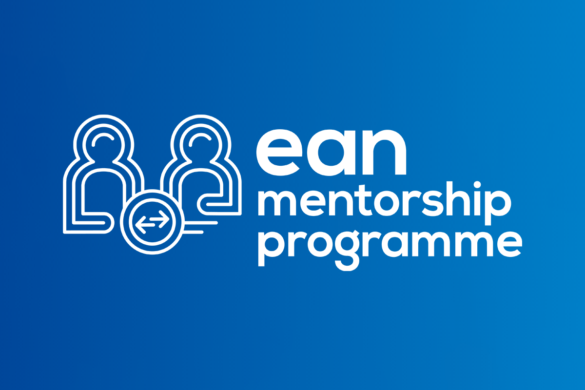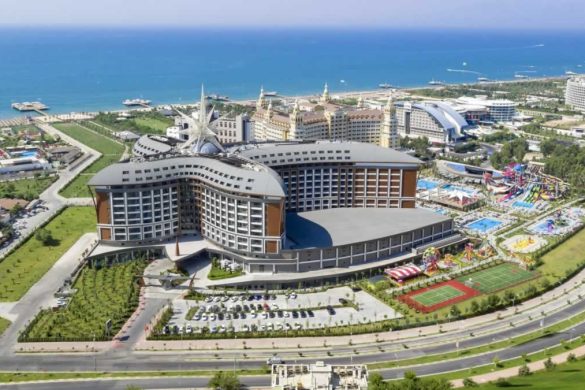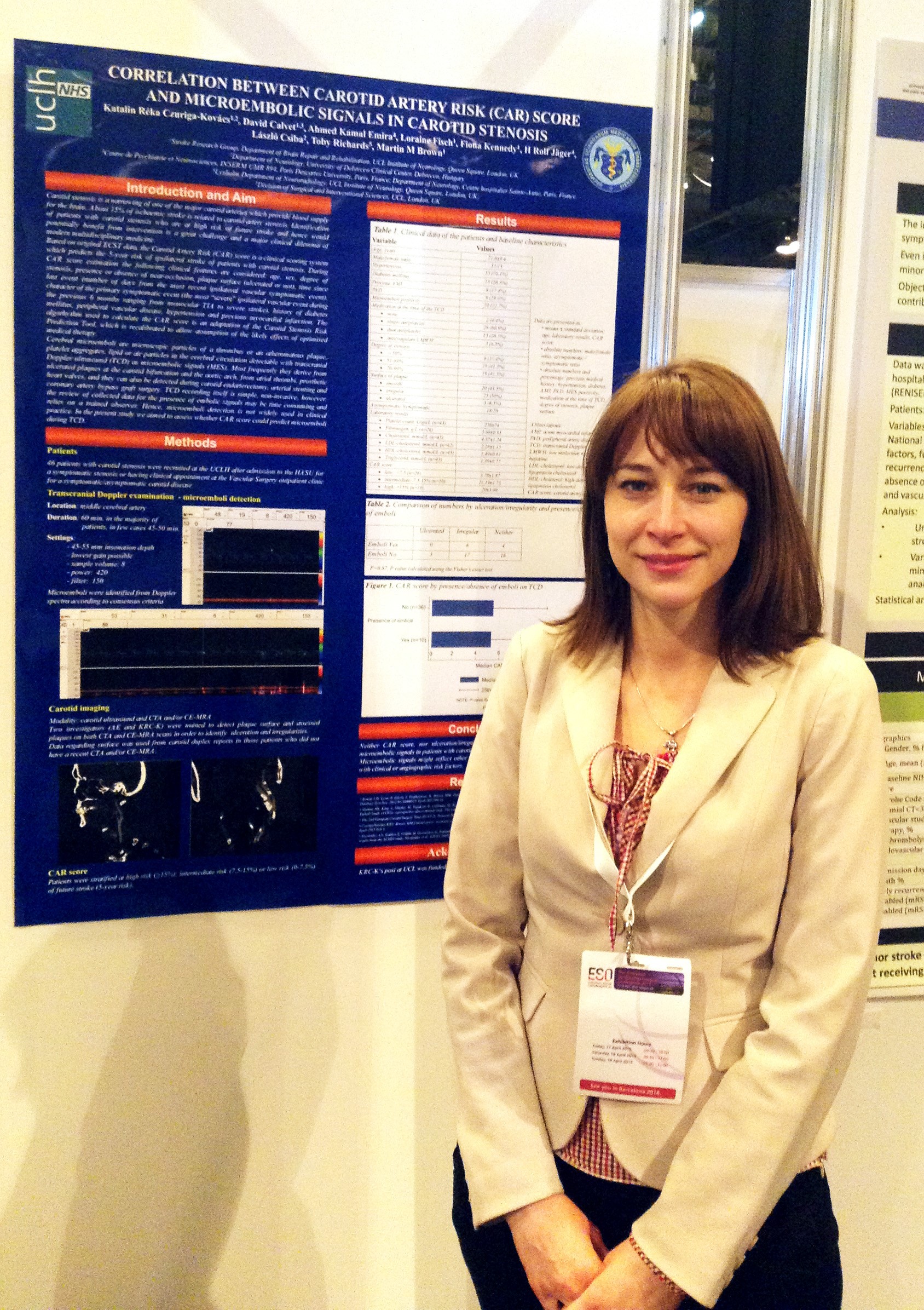 I spent my EFNS scientific fellowship period at the University College London (UCL) in the United Kingdom between 1st April 2014 and 31st March 2015, under the guidance of Professor Martin M Brown. The title of my research project was “Correlation between the severity of carotid stenosis, plaque characteristics and microemboli detection in patients undergoing endarterectomy“.
I spent my EFNS scientific fellowship period at the University College London (UCL) in the United Kingdom between 1st April 2014 and 31st March 2015, under the guidance of Professor Martin M Brown. The title of my research project was “Correlation between the severity of carotid stenosis, plaque characteristics and microemboli detection in patients undergoing endarterectomy“.
As an EFNS Fellow, I was performing microemboli detection in patients with recently symptomatic and asymptomatic carotid stenosis, using transcranial Doppler (TCD). These patients were either enrolled in one of the “carotid studies” [European Carotid Surgery Trial-2 (ECST-2) or REVACEPT] running at the University College London Hospital (UCLH), or scheduled for carotid endarterectomy at UCLH. As a result of my involvement in the research performed at UCL on carotid disease, not only my skills in microemboli detection and TCD improved, but I also learnt a lot about the pathomechanism, physiology, progression and therapeutic approach of the disease. I was also trained for carotid plaque ulceration readings on computed tomography angiography (CTA) and magnetic resonance angiography (MRA). Beside focusing primarily on my 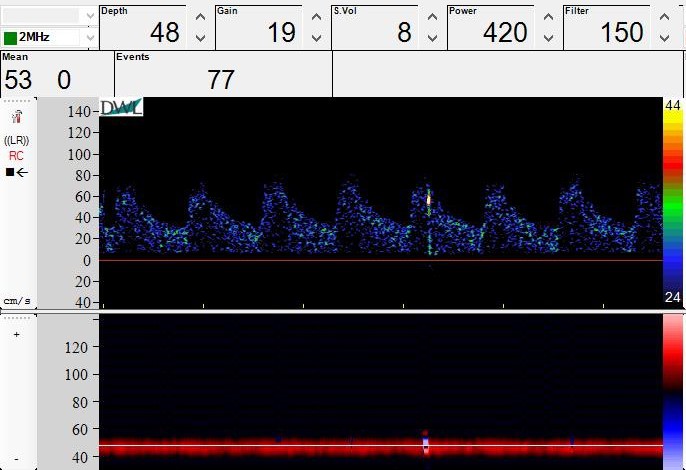 research project, I co-worked in various other projects too, gained experience in reading borderzone infarctions on cerebral CT and MRI scans and partially contributed to the evaluation of procedural stroke mechanism during post hoc analyses of the International Carotid Stenting Study (ICSS).
research project, I co-worked in various other projects too, gained experience in reading borderzone infarctions on cerebral CT and MRI scans and partially contributed to the evaluation of procedural stroke mechanism during post hoc analyses of the International Carotid Stenting Study (ICSS).
During the one year fellowship period I regularly attended the Neurovascular Multidisciplinary Team Meetings held every Monday at UCLH and every Thursday at the National Hospital for Neurology and Neurosurgery (NHNN) at Queen Square, London. I also participated at the ECST-2 monthly study meetings, at the Queen Square Clinical Trial Centre Workshop for Researchers, at a Stroke Research Group Meeting held at the NHNN and at a Carotid Research Plaque Imaging Meeting held at Queen Square. I participated at the ECST-2 Investigators meeting held at the Royal College of Physicians, at a Good Clinical Practice (GCP) course organised at the Queen Charlotte’s & Chelsea Hospital, and at the Hungarian Advances in Brain Research Symposium held at UCL. I attended Professor Vladimir Hachinski’s lecture entitled “Preventable Dementias: Conceptual and Scientific Bases”, as well as the Memorial Event for the late Professor John Marshall. I participated at “The UK Stroke Forum Conference & Exhibition” held 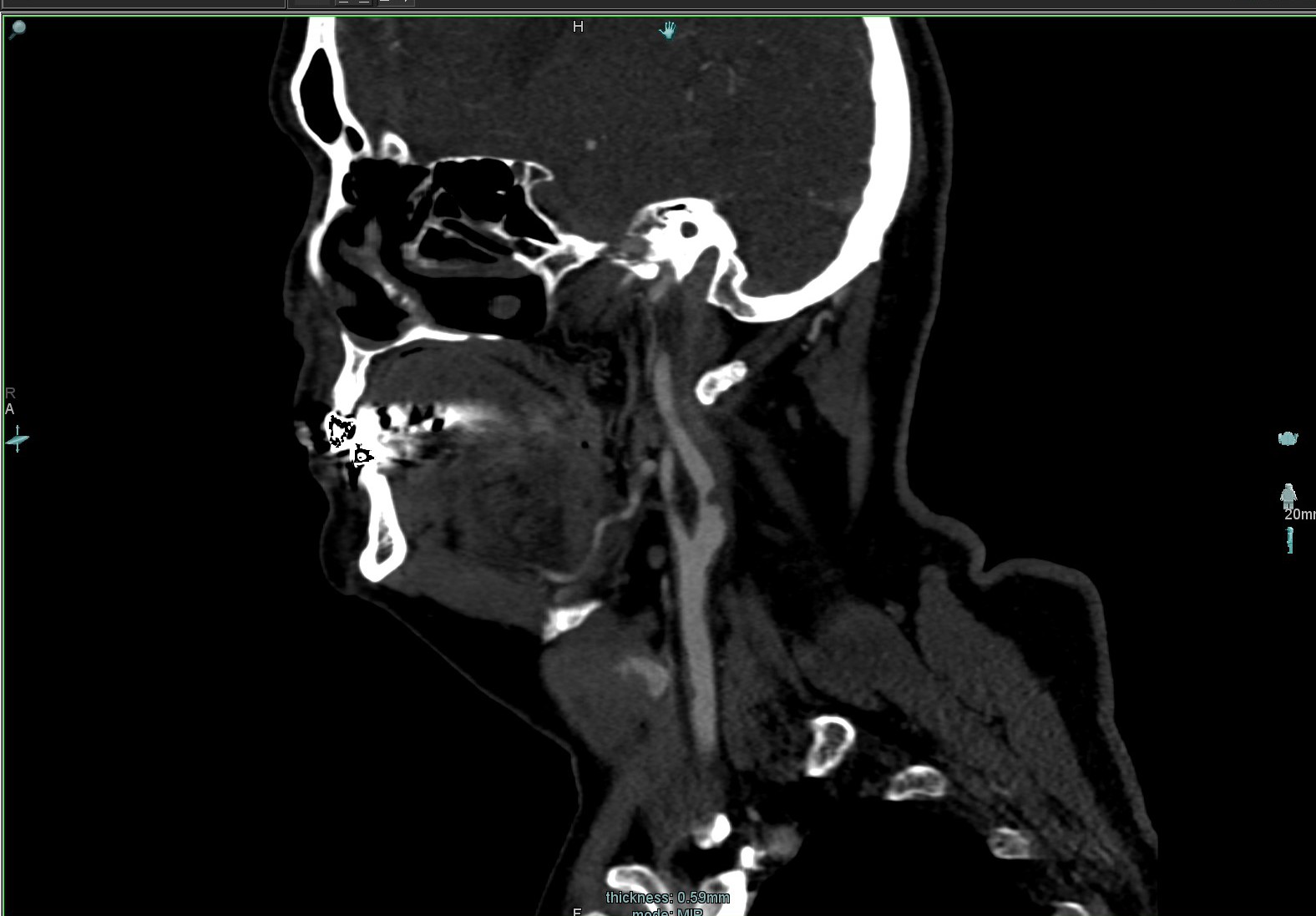 between 2nd and 4th December 2014 at the Harrogate International Centre in Harrogate. As part of informal meetings with colleagues, I had the opportunity to visit the renowned Athenaeum and Lansdowne Clubs, as well as the Archives of the British Cardiovascular Society, thanks to Professor Martin M Brown and Mr. Toby Richards.
between 2nd and 4th December 2014 at the Harrogate International Centre in Harrogate. As part of informal meetings with colleagues, I had the opportunity to visit the renowned Athenaeum and Lansdowne Clubs, as well as the Archives of the British Cardiovascular Society, thanks to Professor Martin M Brown and Mr. Toby Richards.
During my one-year fellowship I submitted an abstract entitled “Correlation between Carotid Artery Risk (CAR) score and microembolic signals in carotid stenosis” to the first European Stroke Organisation (ESO) Conference held in Glasgow, which was accepted for poster presentation including preliminary data of 46 patients examined in my research project. I wrote a review article on carotid disease together with Professor Martin M Brown, which was published in the Journal of Cardiovascular Surgery (Czuriga-Kovács KR, Brown MM. Carotid artery: overview on current trials – selecting the low-risk patient. I also co-authored two other articles, one recently accepted in the European Journal of Vascular and Endovascular Surgery (in print), and the other one before submission. Regarding my main research project at UCL, we made important observations while examining altogether 74 patients with TCD. The data collected is currently under statistical analysis and the results are to be published in the coming months.
The EFNS Fellowship provided not only an excellent opportunity to improve my clinical knowledge and scientific skills, but it also allowed me to meet distinguished colleagues from the UCLH and NHNN in London, as well as from France, the Netherlands, Switzerland and Egypt. I am grateful for the opportunity to meet these great people and would like to express my gratitude to all of them for accepting me in their team. Most of all, many thanks to Professor Martin M Brown for his kind and warm welcome, for the professional help during the fellowship and for his continuous support, which was beyond my expectations. At last, I would like to thank the EAN once again for the privilege of being accepted as a research fellow.





